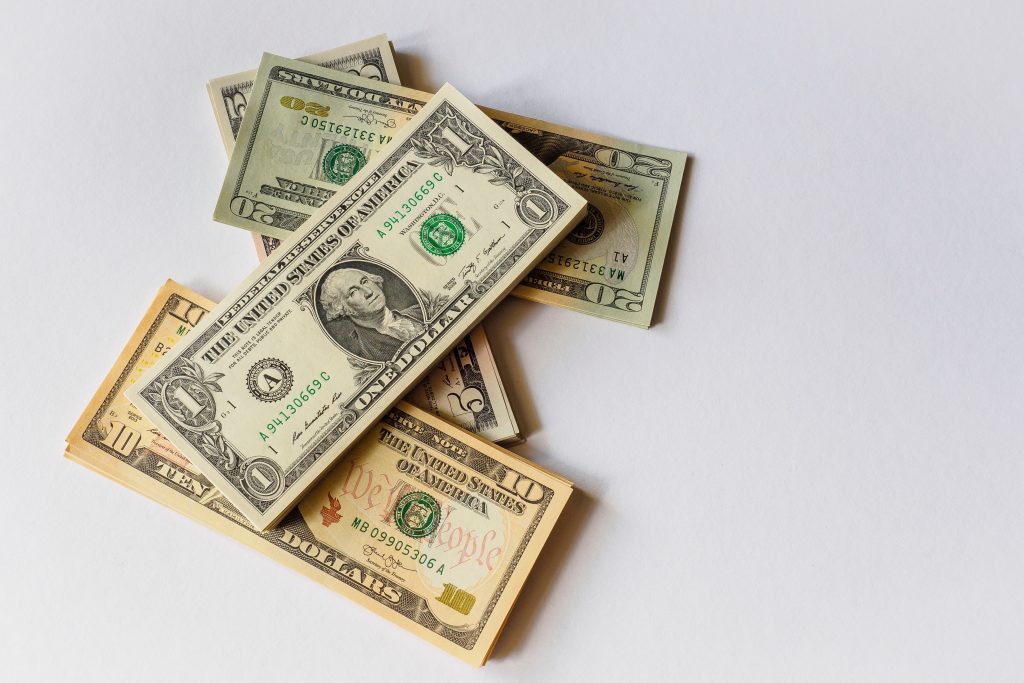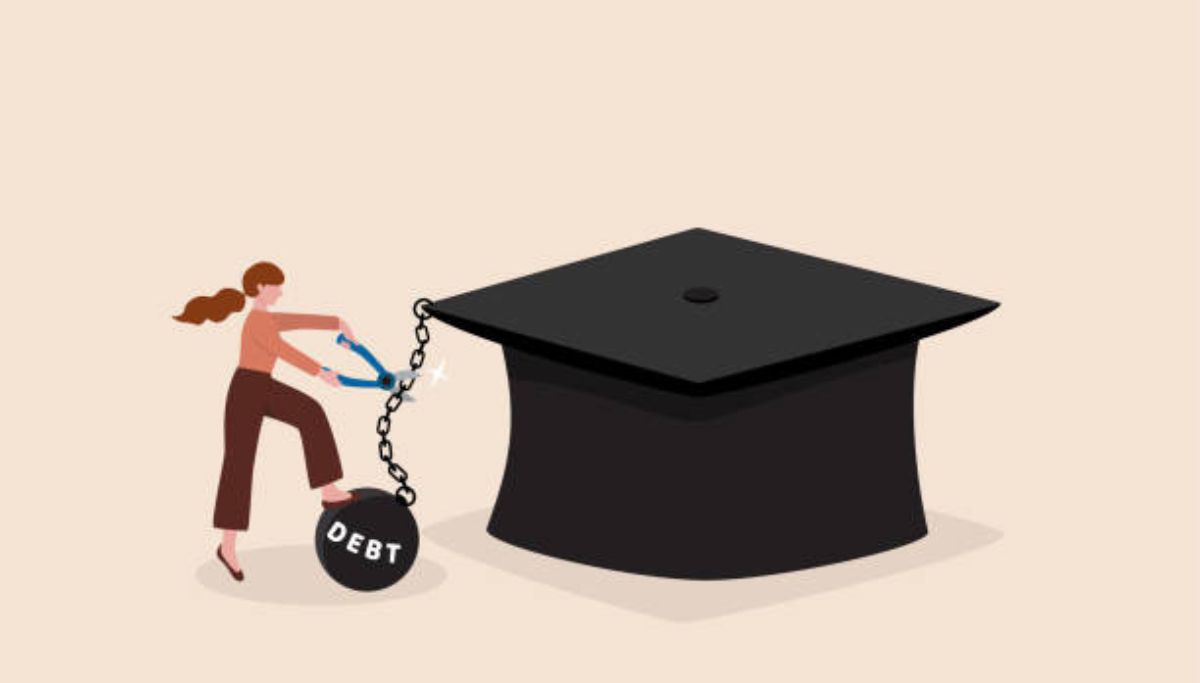Table of Contents
Bankruptcy lawyers have been arguing for years that you can’t use bankruptcy to save you from student loans. The media and student loan servicers have repeated this for so long that everybody believes it’s real. There’s a very different truth. Bankruptcy can potentially be a beneficial method for coping with student loans. It is not difficult to cancel student loans in bankruptcy, but because we have been conditioned to assume that the criteria to do so are too demanding, relatively few individuals ever pursue. For the right person, however, the discharge of student loans in bankruptcy cases can be a useful weapon. Knowing “Does bankruptcy affect student loans?” is a complex procedure, and not many bankruptcy filers recognise how does bankruptcy affect student loans debt and what their choices are and how they differ between Chapter 7 and Chapter 13 bankruptcy. Here’s all you need to know about how does bankruptcy affect student loans.

Most Student Loans in Bankruptcy Are Not Dischargeable.
Student loans, in general, cannot be discharged in bankruptcy. That suggests that after your bankruptcy is over, you will always owe them.
Today, the only way to get rid of the bankrupt student loans is to contend the restructuring of the loans causes “undue hardship.” By what is called an opponent proceeding, the only way this can be verified. In a bankruptcy proceeding, this is like a different lawsuit. It requires lawsuits, and expert witnesses, depositions and other witness evidence may be needed. It is not as inexpensive as a result. Aside from costing you a decent chunk of money, it’s extremely difficult to win an undue distress discharge.
You must prove:
1. That the debtor is unable to both repay the student loan and afford a minimum living standard;
2. Because such a condition is expected to continue for a large portion of the student loan repayment period; and
3. That the trustee has made attempts to repay the debts in good conscience.
This test is quite narrowly applied, with a minimum quality of life judged to survive at the extent of poverty without any discretionary expenses at all. In comparison, discharges are generally not given in the absence of the debtor’s lifelong injury (or perhaps either of the dependents of the debtor).
The bottom line is that discharging student loans is just not a choice in the vast majority of bankruptcy proceedings but the question of if you can you get rid of student loans by filing bankruptcy.
Wish to secure an education loan at low-interest rates? Fill the form on this page!
Can You Get Rid Of Student Loans By Filing Bankruptcy?
Student Loans in Chapter 7 Bankruptcy
You are automatically covered by an involuntary stay as you apply for bankruptcy, which prohibits creditors from continuing to recover the debts that you owe them. This protection extends to lenders of student loans, and as a consequence, if your lawsuit is filed, your loans will be put into involuntary forbearance. During the time that the bankruptcy case is open, debt continues to accrue, and you will be responsible for those sums. You can take a break, though from making your daily debt fees because your bankruptcy under Chapter 7 is pending. Currently, in bankruptcy, this is the best way to treat student loans. Your debts are always sold if you go bankrupt or are moved to another organisation, and they will not be fully paid if you attempt to make your monthly payment. Therefore it is important to consult with your creditors after you file your lawsuit if you intend to continue making payments, and to keep track of all payments you make whilst your bankruptcy case is open.
Student Loans in Chapter 13 Bankruptcy
Student loans can be dealt with in two separate forms in a Chapter 13 bankruptcy, which needs stable earnings and entails a recurring charge over the plan’s three or five-year life. First, it is possible to put the student loans “in the plan”, and a part of your monthly contribution would go to the debt balance(s). This monthly number, though it is likely to be less than the daily payments, and this strategy would not preclude interest on the loans from accruing. For the duration of the Chapter 13 scheme, the compulsory stay applies, and the student loan holders must consider the lower payment rate when you are in bankruptcy in Chapter 13 (3-5 years). Although these fees are attributed to what you owe (interest and potentially even principal), once you leave bankruptcy, the lender will retain you to the provisions of the loan arrangement in receiving residual principal and interest.
In Chapter 13 bankruptcy, there is a second option to treat student loans, and it is to pay the loans “outside the plan.” The drawback of this policy is that during the years that you are on a Chapter 13 instalment plan, you will afford to make daily contributions on the loans to keep debt from adding up. However, as a practical matter, this is also limited because many do not have enough cash to cover their student loan fees while simultaneously having a bankruptcy payment under Chapter 13.
In addition, the bankruptcy administrator may well dispute this strategy for those who can afford to continue paying payments beyond the agreement while the remaining creditors get just a percentage of what you owe through the bankruptcy. In such a scenario, your capacity to win depends on a variety of factors, and an accomplished bankruptcy solicitor manages such situations best.
Student loans in bankruptcy are really hard to get rid of. To invest in a lawsuit, you need to have true struggles and money. Assuming this is not you, before and during bankruptcy, you do have a roadmap for how to handle your student loans. This is especially true in Chapter 13, where, when in bankruptcy, student loans raise particularly thorny logistical and legal problems.










0 Comments